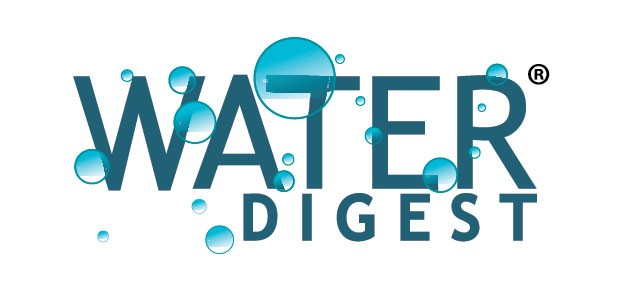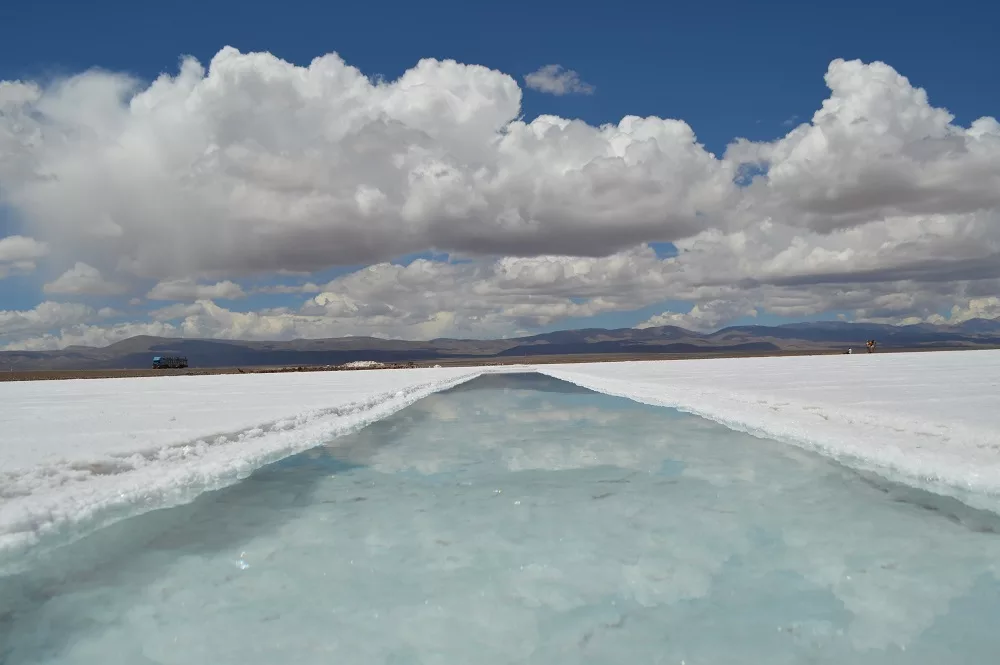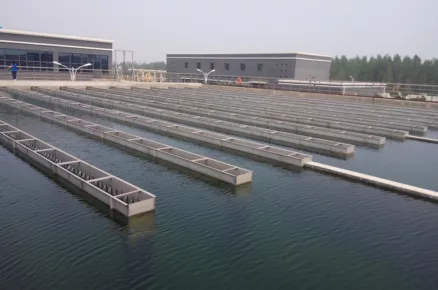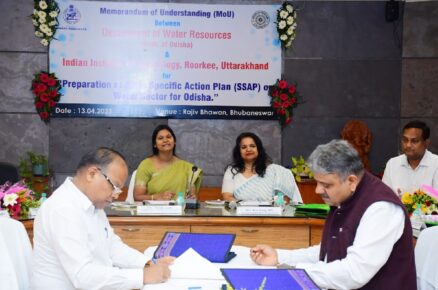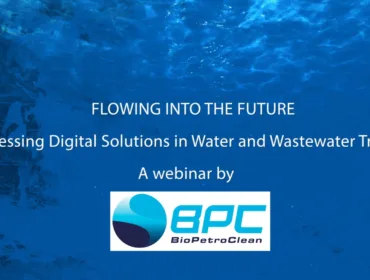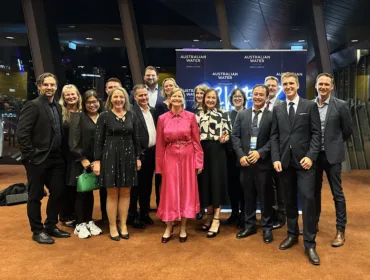The wave-powered desalination buoys turn seawater into freshwater without emitting greenhouse gas emissions, exclusively relying on the power of ocean waves.
WD News: Drought in California has occurred in varying degrees throughout history. However, in recent years, the impacts of severe drought conditions on the City of Fort Bragg’s water supply left the community vulnerable during the summer months.
The City of Fort Bragg has now decided to pursue a strategic approach to opportunities that are part of the Blue Economy.
Given the combination of the water needs of the city, the Blue Economy Initiative, and the potential of the California coast for wave-powered desalination with its 840 miles of coastline and powerful, year-round waves, it was a natural fit for the City of Fort Bragg to partnered with Oneka Technologies to deploy California’s first wave-powered desalination project.
For the pilot project, an Iceberg-class unit, the 9th generation of this technology which has been refined over 7 years in the ocean environment, will be deployed along the Fort Bragg coast. During the pilot project, one Iceberg-class unit will:
· Produce up to 13,200 GPD (50 m3/day) over a 12-month period;
· Emit zero greenhouse gas and save 1 ton of CO2e per year for each m3 of fresh water produced daily, compared to diesel-powered desalination plants. This means that in the pilot project 50 tons of CO2e would be saved;
· Generate low-impact brine (30% increase in salinity compared to seawater) that is quickly dispersed through wave action so there is no salinity difference detected 6 feet from the buoys (conventional desalination results in brine that is 100-150% higher in salt concentration);
· Include an intake designed with 60-micron mesh (smaller than the thickness of a human hair), to ensure the safety of marine ecosystems;
· Have its entire reverse osmosis process taking place offshore, which preserves terrestrial ecosystems.
The goal of this demonstration project is to display the benefits of this desalination technology, on all facets of sustainable development – social, economic, and environmental, representing a first stepping stone to address challenges of water security for Fort Bragg, as well as other coastal communities.
Source: Oneka
Image courtesy: Pixabay
https://tinyurl.com/ca7vkabv
